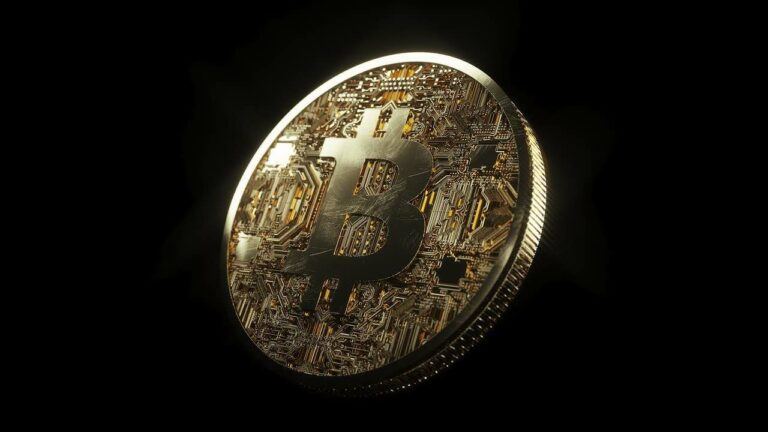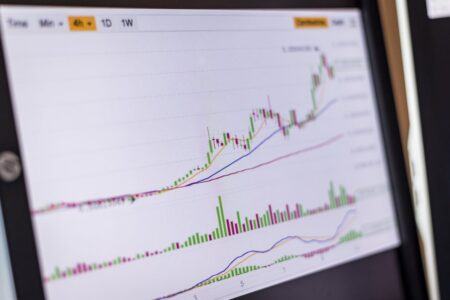In a financial landscape increasingly captivated by the allure of cryptocurrencies, Sharmin Mossavar-Rahmani stands as a steadfast beacon of skepticism. As the Chief Investment Officer of Goldman Sachs Wealth Management for over two decades, Mossavar-Rahmani has adeptly navigated through the complexities of the financial markets, advocating for traditional investment principles.
Despite the escalating trend of digital currencies, she remains unwavering in her critical stance, a position not only reflective of her own convictions but also echoed by the lack of interest in cryptocurrencies among her clients. Her tenure has seen her advising wealth advisers, clients, and traders, with her insights not only shaping investment strategies but also highlighting a collective caution towards the speculative nature of crypto investments.
According to a report by Gregory Zuckerman for The Wall Street Journal (WSJ) that was published yesterday, this view was epitomized in a memorable encounter with a Goldman Sachs intern in the summer of 2022. The intern, a crypto owner, was met with Mossavar-Rahmani’s critical view of cryptocurrency investments as speculative ventures with uncertain futures. This incident highlights Mossavar-Rahmani’s consistent approach to crypto: a blend of caution and rigorous analysis.
It seems that despite Bitcoin’s impressive surge in value by 57% to around $66,000 in the current year, Mossavar-Rahmani still has not changed her opinion of crypto, a stance maintained by JPMorgan Chase CEO Jamie Dimon. This position is increasingly isolated as other financial behemoths like BlackRock and Fidelity dive into the crypto pool, simplifying the investment process for the average person and challenging traditional market dynamics.
According to Zuckerman’s report, Mossavar-Rahmani’s reluctance stems from a core belief: the indeterminate value of cryptocurrencies. With no earnings, cash flow, or dividends, she argues that cryptocurrencies defy the basic principles of investment valuation.
She told WSJ:
“We do not think it is an investment asset class … We’re not believers in crypto … If you cannot assign a value, then how can you be bullish or bearish?“
This view is further reinforced by her personal journey from Iran to the West, imbuing her with a deep appreciation for democracy, the rule of law, and the traditional financial systems that underpin them.
The WSJ article goes on to say that her critique of cryptocurrencies extends beyond their volatility; she sees them as a facilitator of illicit activities, challenging the very fabric of societal governance and law. This perspective was shared in a comprehensive critique titled “Digital Assets: Beauty is Not in the Eye of the Beholder,” published by Mossavar-Rahmani and her team in June 2021. The document underscores the volatility of Bitcoin and questions its viability as a widespread medium of exchange.
Contrary opinions, such as those from Matt Hougan of Bitwise Investments, argue that the absence of cash flow does not inherently negate value, pointing to Bitcoin’s remarkable performance and its utility in wealth storage without centralized control. Nevertheless, Mossavar-Rahmani remains steadfast, acknowledging only the potential benefits of digitizing tangible assets and the theoretical utility of central-bank digital currencies. Her philosophy holds that the tangible, intrinsic value found in physical assets like gold—despite its own valuation challenges—far outweighs the speculative allure of cryptocurrencies.
Featured Image via Pixabay








